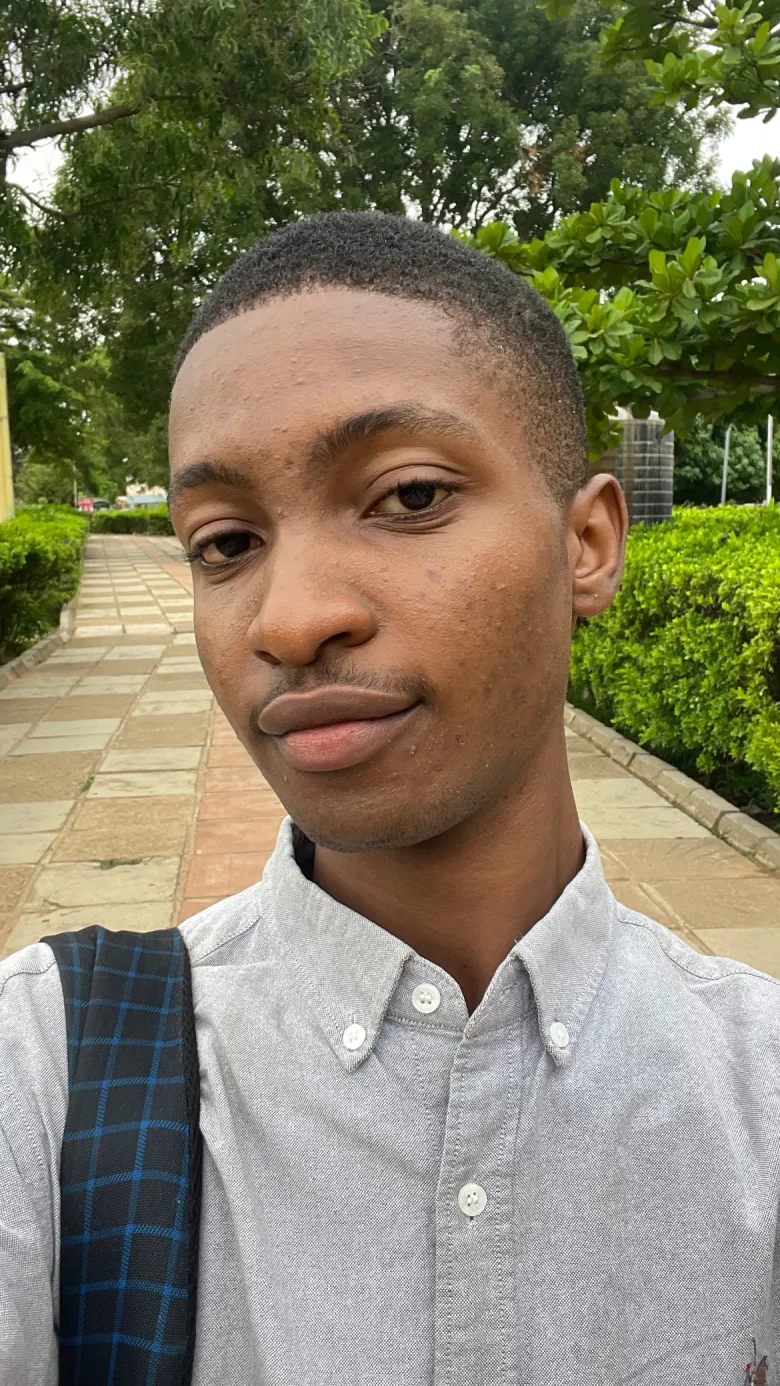Lena Cole sat by the window, watching the rain blur the world outside. At seventeen, she had been a piano prodigy, playing with a passion that felt almost otherworldly. But after the accident that took her parents and shattered her hand, the music had disappeared. The piano, once an extension of herself, now seemed unreachable.
Her doctors were optimistic—maybe physical therapy would help—but Lena knew the truth: her hand would never be the same, and neither would her music.
One evening, an old, out-of-tune piano sat in the corner of her room. It had belonged to her grandmother, a woman Lena had never truly known. Gingerly, she placed her broken hand on the keys. A discordant chord rang out, but it didn’t feel like failure. It felt like a new beginning.
Over time, Lena's relationship with music shifted. She could no longer play the concertos of her past, but she found new ways to express herself. With one hand, she played simple melodies. At first, they were fractured, but slowly, the music began to flow again, though slower, tinged with a deep, aching beauty.
Then Lena met Max, a former violinist who had lost the use of his left arm in a similar accident. He worked at her rehabilitation center, teaching others how to cope with their pain. Quiet and distant, Max saw something in Lena that no one else did. One day, after she’d played her broken, beautiful melodies, he spoke to her: “Music doesn’t always need both hands. Sometimes, it just needs a heart.”
His words settled into her soul. She realized she had been trying to recreate her old self and her old music. It was time to create something new.
With Max’s encouragement, Lena began composing her own pieces, simple but powerful. They were not just notes—they were grief, hope, and healing woven together. Her music became her voice, a language for what words could not express.
Months later, Lena played at a small recital for the center’s patients. It wasn’t a grand performance, but as she sat at the piano, she felt something stir—purpose. She played with determination, each note a testament to her journey. The audience didn’t hear perfection, but truth.
Afterward, Max clapped softly. “You did it,” he said, his voice thick with emotion.
Lena smiled, her eyes brimming with tears—not of loss, but of release.
In the months that followed, music became more than therapy; it became a lifeline. Even on days when her hand hurt too much to play, she embraced the silence between the notes. It was part of the healing process, just as much as the music itself.
Years passed. Lena performed not in grand concert halls, but in small venues, for those who needed to hear her story. She realized her music had never been lost—it had transformed. Her scars, once seen as obstacles, had become part of the song. And with every note, she found herself again.
As the last note of her latest piece lingered in the air, Lena smiled. She had found her voice.



